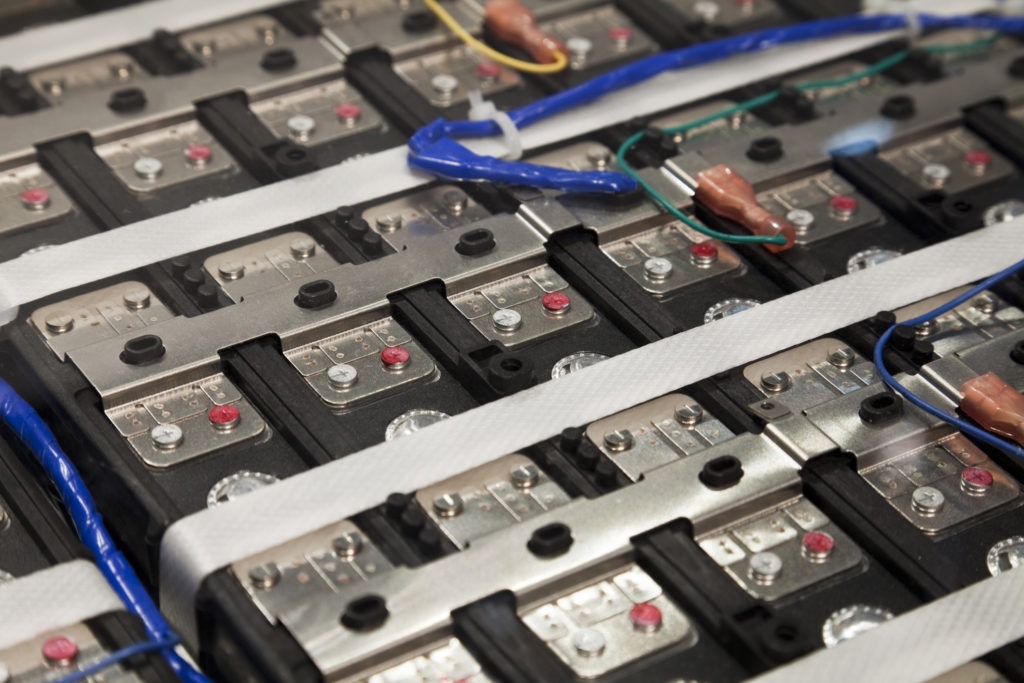UK companies agree terms on country’s first gigafactory
26 May 2020

26 May 2020
The likelihood of a UK gigafactory has moved a step closer after two battery startups signed a memorandum of understanding (MOU) to work together to create and expand an onshore manufacturing supply chain.
AMTE and Britishvolt plan to join forces to produce battery cells for both the automotive and energy markets in the UK. The £4 billion (€4.5 billion) project could help secure manufacturing in the country, at a time when the automotive industry is transitioning to electric power.
A gigafactory in the UK may benefit carmakers such as BMW, Jaguar Land Rover (JLR) and Nissan, all of which build electric vehicles (EVs) in the country. With other brands looking to expand their EV ranges, and dependence at present on batteries shipped from Asia, the building of such a facility could help to draw others to build in the country.
Capacity required
Several Asian battery makers have agreed deals that will see gigafactories built in various other European countries.As the industry increases its reliance on EVs to reduce CO2 emissions, while also looking for ways to cut costs – especially following the coronavirus (COVID-19) pandemic – there will likely be a greater need for plantsin Europe.
′The recent global crisis has further highlighted the importance of having a robust onshore supply chain, and the creation of a gigafactory would place the UK in a strong position to service automotive and energy storage markets,’ comments Kevin Brundish, CEO at AMTE Power. ′The scalable production of lithium-ion cells is key to electrifying vehicles and would drive new manufacturing revenues and new employment, and can be built on AMTE’s focus on the supply of specialised cells, thereby continuing the country’s tradition of excellence in battery-cell innovation.’
Lars Carlstrom, CEO at Britishvolt, adds: ′Aligning our objectives with AMTE Power, who are looking to add to their current manufacturing capabilities in the UK, our ambition is to build a 30+ gigawatt-hour factory with the support of the British Government, creating up to 4,000 jobs in the process. Meeting road to zero targets and moving the UK into a low carbon economy will necessitate the unprecedented electrification of vehicles, and reliance on renewable energy will require extensive battery storage.
′It is costly and carbon-intensive to have lithium-ion batteries imported from the Far East, and this gigafactory would cement a solid onshore supply chain to ensure quality and eliminate future uncertainty of supply.’
Positive signs
The Financial Times reports that AMTE Power already has a facility in Scotland for niche manufacturers, but has identified two sites that will cost around £200 million (€225.5 million) to develop into a 1GWh plant. Britishvolt, founded in December 2019, has five potential locations for its own larger plant, from South Wales to the Midlands.
Britishvolt plans to raise £1.2 billion next year and a further £1.4 billion after this. Such investment would give the UK automotive industry a boost after years of decline following the Brexit referendum in 2016. From over £2.5 billion of investment in 2015, just £90 million was pumped into the country’s manufacturing, research and development in the first six months of last year.
However, earlier this year, Hyundai announced a £200 million financial injection into UK startup Arrival, a manufacturer of electric commercial vehicles. With the AMTE and Britishvolt announcement, it may be that the EV market will be a fillip to the UK’s automotive industry.